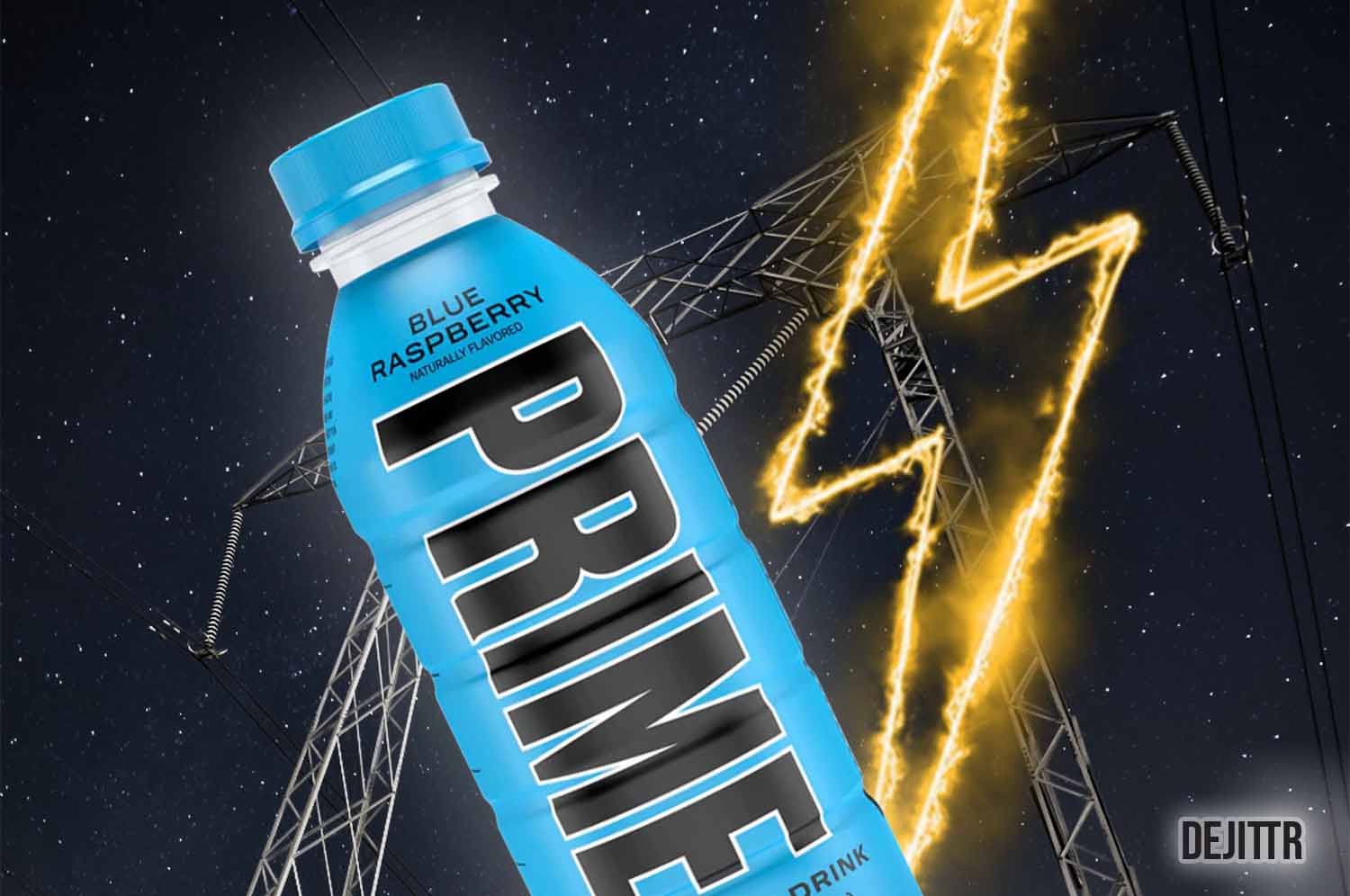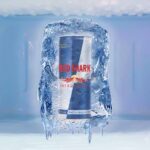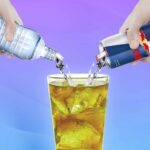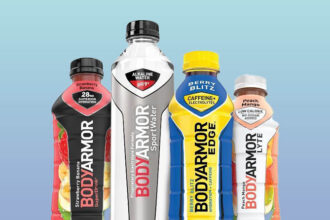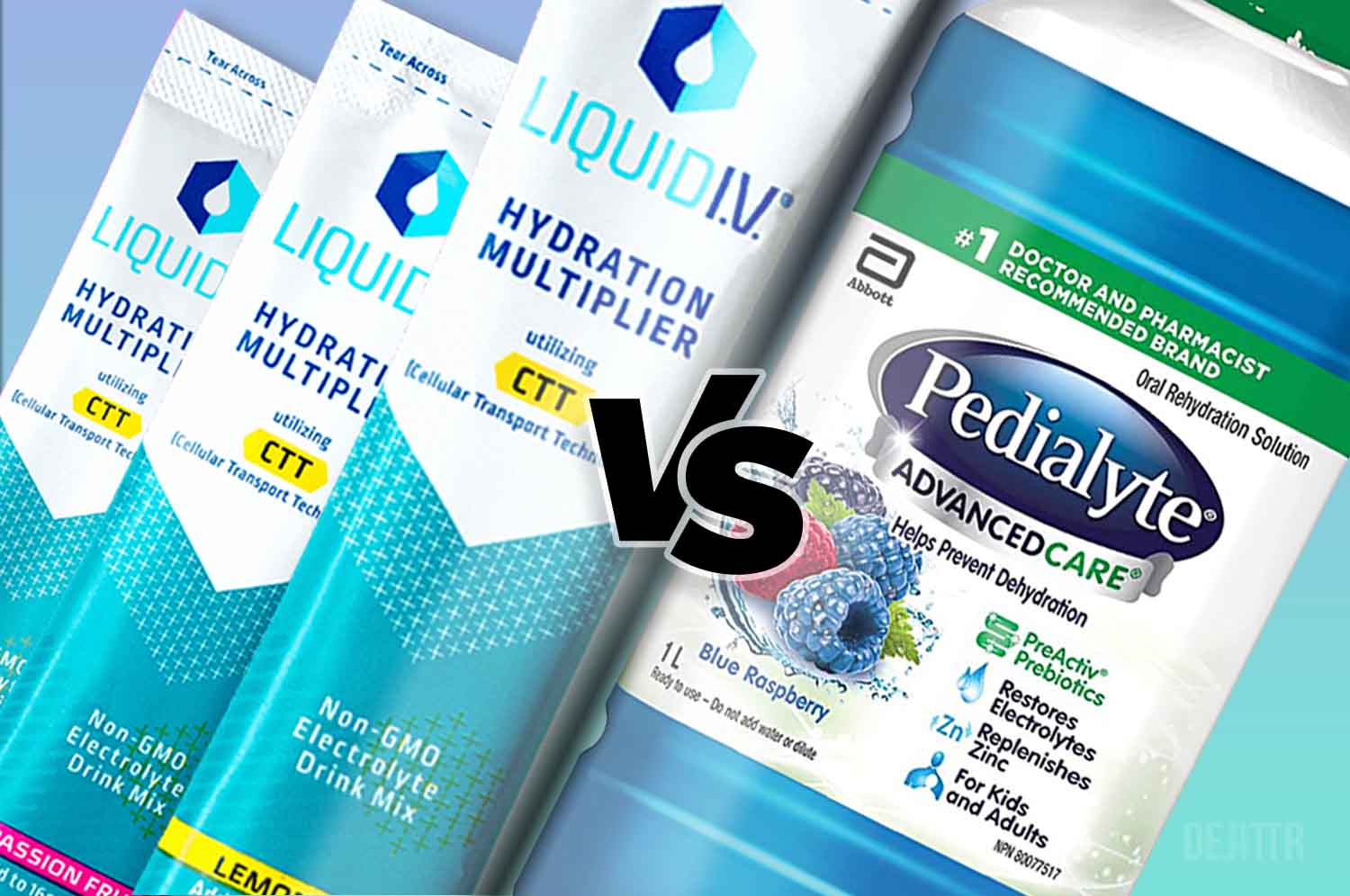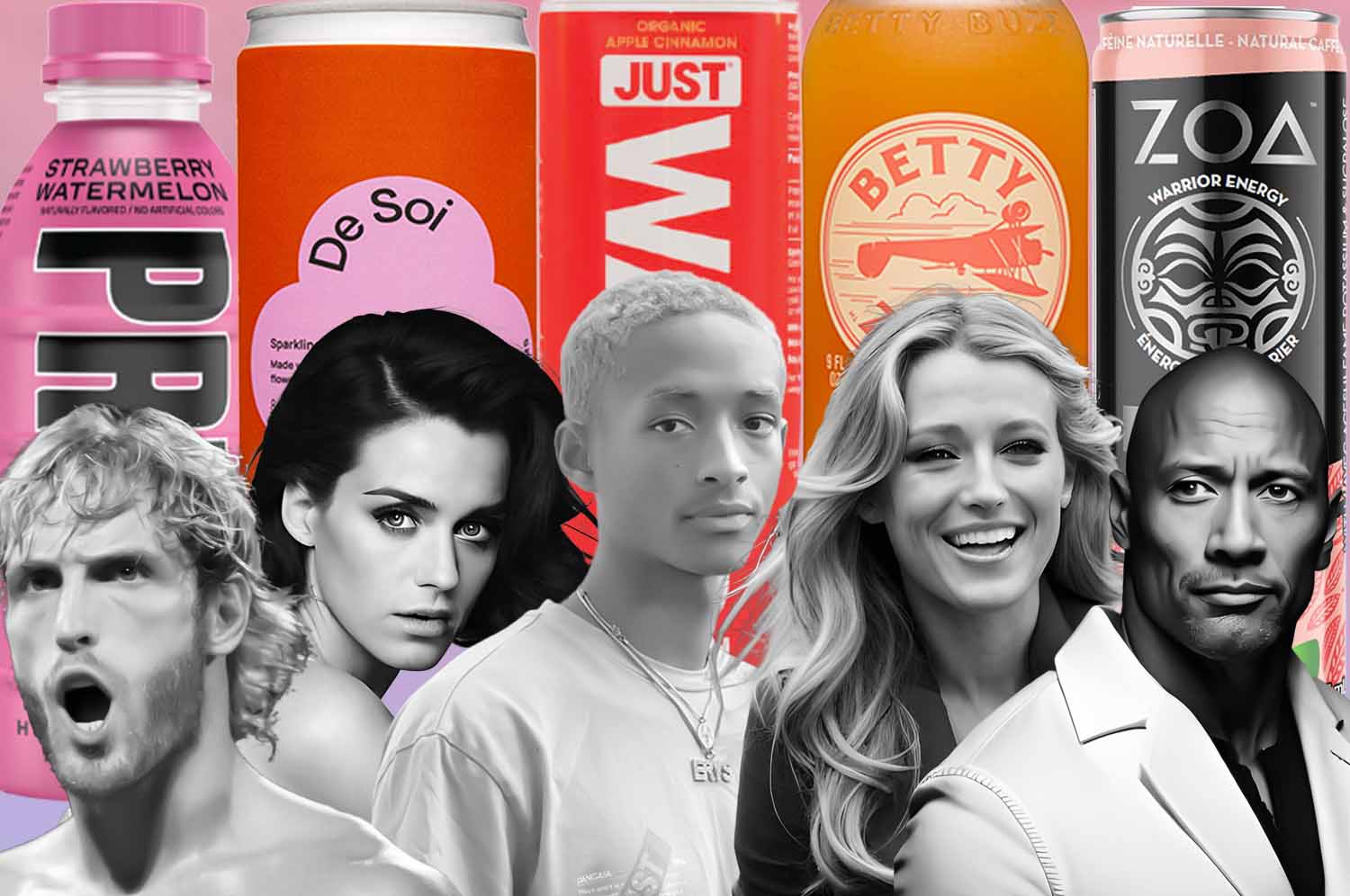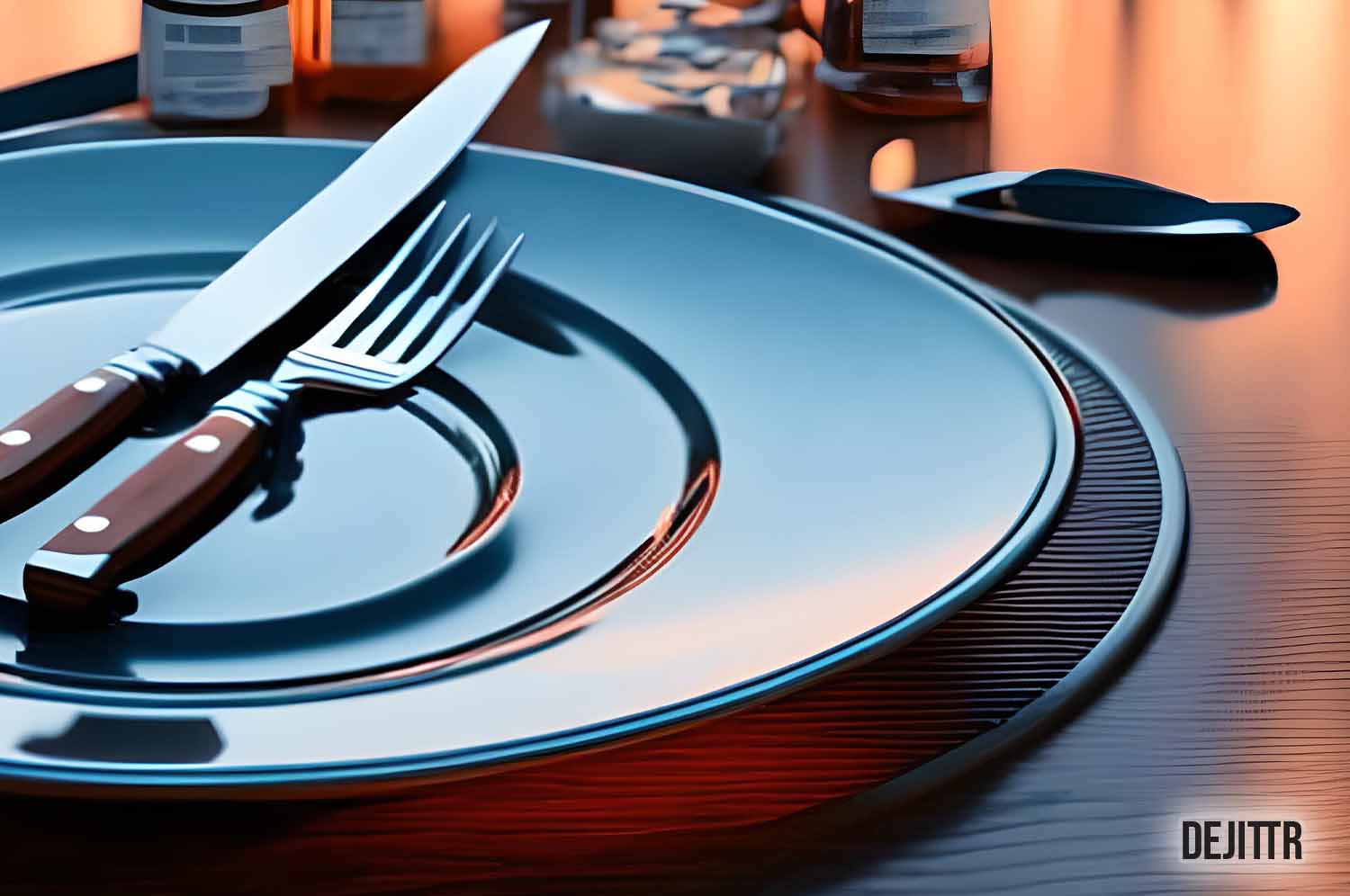One of the popular sports drinks that created a lot of hype in recent days is Prime Hydration. But do they have the necessary electrolytes? Let’s find out!
Key Takeaways:
Prime Hydration has a group of electrolytes made up of 10 mg sodium, 700 mg potassium, 105 mg magnesium, and 1.1 mg zinc to help restore hydration levels in your body which are lost after intense activity. However, Sodium is the most essential electrolyte in this list when it comes to recovery, but it’s the smallest dose listed.
Keep reading to learn more about the electrolytes present in prime hydration and other related information.
How Many Electrolytes Does Prime Hydration Have?
Prime hydration includes electrolytes like sodium, potassium, magnesium, and zinc. The following chart represents their amounts per serving. (1 serving of the drink is around 473 ml).
| Electrolytes | Amounts |
| Sodium | 10 mg |
| Magnesium | 105 mg |
| Potassium | 700 mg |
| Zinc | 1.1 mg |
We also recommend checking out our guide on why sports drinks have salts.
Prime Hydration vs. Other Electrolyte Drinks
Prime hydration is typically a hydration drink, as the name suggests. And it can also be referred to as sports drinks.
But remember, you can’t classify prime hydration as an energy drink because it doesn’t have any stimulating substance.
Hydration drinks or sports drinks are meant to rapidly rehydrate the body and restore the levels of lost electrolytes so that the body can function effectively.
Moreover, sports drinks are further categorized into three types: isotonic, hypotonic, and hypertonic, based on their salt and sugar concentration compared to the human body.
Note prime hydration is a hypotonic drink – which means it has lower salt and sugar concentration. So you can’t expect it to have too many electrolytes like hypertonic or isotonic drinks.
For instance, Gatorade is an isotonic drink with 270 mg of sodium. On the other hand, Prime Hydration only has 10 mg of sodium. However, Prime Hydration has more quantity of potassium – around 700 mg. But Gatorade only has 75 mg of potassium.
Sodium is one of the crucial electrolytes that is lost when we sweat during intense activity. And as per Sanford Health, sodium is lost through sweating in higher amounts. So it is essential to consume any energy drink that helps replenish more sodium.
The best purpose of taking hypotonic drinks like Prime Hydration is in their name itself – for rapid hydration.
In simple terms, hypotonic means drinks with a lower concentration of solutes (like salts and sugars) than other solutions. So hypotonic drinks tend to have fewer salts and solutes than our blood.
Pros Of Prime Hydration
One of the best benefits of consuming hypotonic drinks like prime hydration is that they help in quick rehydration and replenishment of lost electrolytes.
As soon as you take the sip of prime hydration through the osmosis process, it travels from gut walls into the blood.
The drink quickly gets absorbed through the gut lining and thus ensures fast replenishment of lost electrolytes.
To maintain the right levels of fluids in the body and regulate muscular functions, drinks like Prime hydration are an ideal choice.
Cons Of Prime Hydration
However, although Prime hydration is good for rapid hydration, they are not great for fueling your body with heavy doses of carbohydrates, which gives you energy.
The right time to take Prime hydration is as follows:
- During small workout sessions
- During long Rides
- In Warm Weather, when you need raid hydration
Prime hydration is not the perfect drink to power you after a long exercise. Because in such a case, hypertonic drinks are a more suitable choice. Usually, energy drinks like Red Bull, Lemonade, and soft drinks are considered hypertonic drinks.
Signs That Your Body Is Electrolyte Deficient
As a general rule, it is a common sign that your body has lost enough electrolytes, and you need to replenish them whenever you sweat a lot.
The loss of electrolytes from the body when you just go through vomiting or diarrhea. So whenever you go through any of these situations – it’s an indication that you need to restore the electrolyte levels.
Therefore athletes take sports drinks after their match or game is completed. And the oral rehydration solution (ORS) is suggested for patients with diarrhea to maintain adequate fluid and electrolyte balance in the body.
The Science Behind Electrolytes
There are several minerals present in the body that have an electrical charge, and they are called electrolytes. They circulate throughout your whole body and are found in blood and various tissues.
Electrolytes are crucial because they do things like: maintaining a healthy water balance in the body. Balancing the pH level of the body. Movement of necessary nutrients into the cells. Ensuring proper functioning of muscles and nerves.
You can think of electrolytes as minerals like sodium, calcium, potassium, chloride, phosphate, and magnesium. They are ingested alongside meals and drinks we consume.
The salts (or electrolytes) are lost when an individual starts sweating. Unfortunately, the body can’t replace lost electrolytes as quickly as they’re lost, so at times of excessive sweating, you need the support of something that can help restore their levels to normal.
Electrolytes, including sodium and potassium, are found in sports drinks for this purpose – to help replenish those electrolytes that are lost through sweat. Rehydrating with electrolytes prevents the body from dehydrating.
Can I Get Electrolytes From Natural Drinks?
You can get electrolytes from most natural energy drinks like fruit juice, milk, and coconut water. A study shows that orange juice has more electrolytes than sports drinks like Gatorade and Powerade.
The study was specifically conducted to check the presence of electrolytes in different drinks and compare the findings. Following is the list of items used in the research process:
- Tap Water
- Distilled Water
- Gatorade
- Powerade
- Raspberry-Pomegranate Juice
- Orange Juice
The conductance of each of these liquids was measured to assess the number of electrolytes they have. And the result of the study found the least quantity of electrolytes in distilled water (because distilled water is pure water, and therefore it tends to have fewer ions and minerals).
On the other hand, interestingly, most electrolytes were present in orange juice!
So even though sports drinks help to replenish the lost electrolytes, natural juices and drinks should not be underestimated either!
Photo altered by dejittr.com | Photo attribution: Casey Horner


